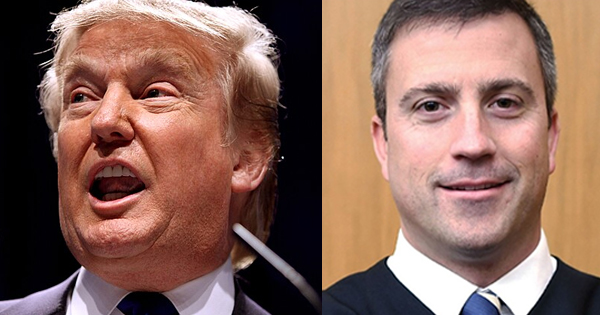
Nationwide — A federal judge has ruled that the White House acted unconstitutionally when it barred the Associated Press (AP) from covering President Donald Trump’s events, including access to the Oval Office and Air Force One. The decision came from U.S. District Judge Trevor McFadden, a Trump appointee, who issued a preliminary injunction on Tuesday. The ruling delivers a significant setback to the Trump administration’s attempts to limit media access based on unfavorable coverage.According to CNN, Judge McFadden’s 41-page opinion stated that the administration offered no valid reason for its exclusion of the AP and emphasized that the First Amendment prohibits viewpoint discrimination, even in settings like the Oval Office, which are not fully public forums. The judge stressed that the government cannot single out media outlets simply for expressing opinions or using language it disfavors.
The conflict began after President Trump announced that the AP would be banned from certain press events because it continued using the term “Gulf of Mexico,” despite his administration’s rebranding of the area as the “Gulf of America.” This action was widely criticized as a retaliatory move against the press.
In his ruling, McFadden noted that the AP’s request was simple: to regain access to the press pool and limited-access events without being penalized for its editorial choices. “That is all the Court orders today,” he wrote, “to treat the AP equally with other outlets, regardless of its use of disfavored terminology.”
While McFadden found the White House’s actions unconstitutional and enjoined the administration from continuing its exclusion of the AP, he stopped short of immediately restoring the outlet’s access. Instead, he allowed the government one week to file an appeal before the injunction takes effect.
The case marks another flashpoint in the ongoing debate over press freedom and the limits of executive power. Legal experts say the decision could have broader implications for how future administrations interact with the media.
